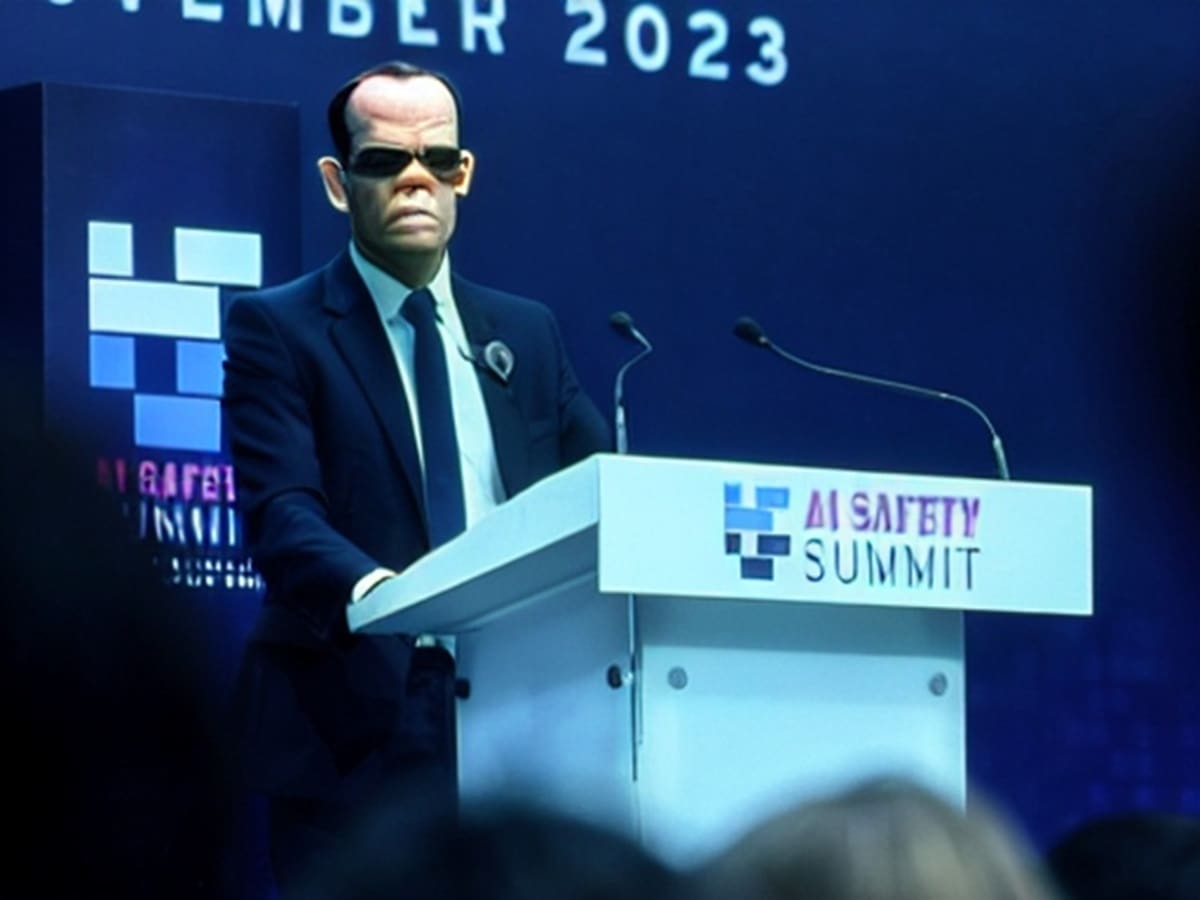The Tories are still “ducking the issue” of regulating to protect workers in the face of AI. that’s the verdict of the Trades Union Congress (TUC), as the government released its response to a White Paper consultation on the issue. Clearly, Rishi Sunak would fail the test of Isaac Asimov’s Three Laws of Robotics – as the PM appears hellbent on defending AI over actual humans.
AI: Tories say blah, blah, blah
As Computer Weekly reported, the government ran a public consultation on its White Paper proposals over regulating AI last year. This included:
“pro-innovation” proposals for regulating AI, which revolve around empowering existing regulators to create tailored, context-specific rules that suit the ways the technology is being used in the sectors they scrutinise.
It also outlined five principles that regulators must consider to facilitate “the safe and innovative use of AI” in their industries, and generally built on the approach set out by government in its September 2021 national AI strategy which sought to drive corporate adoption of the technology, boost skills and attract more international investment.
There were hundreds of submissions to the consultation. Now, the government has responded. Computer Weekly noted that:
the government generally reaffirmed its commitment to the whitepaper’s proposals, claiming this approach to regulation will ensure the UK remains more agile than “competitor nations” while also putting it on course to be a leader in safe, responsible AI innovation.
“The technology is rapidly developing, and the risks and most appropriate mitigations, are still not fully understood,” said the Department of Science, Innovation and Technology (DSIT) in a press release.
“The UK government will not rush to legislate, or risk implementing ‘quick-fix’ rules that would soon become outdated or ineffective. Instead, the government’s context-based approach means existing regulators are empowered to address AI risks in a targeted way.”
However, there was a gaping hole in the government’s response. It put forward little-to-nothing on regulations to protect workers’ rights over that of AI. So, the TUC has hit back.
‘Leaving workers at risk of exploitation and discrimination’
TUC General Secretary Paul Nowak said:
AI is already make life-changing decisions about the way we work – like how people are hired, performance-managed and even fired. That’s why we need employment-specific legislation to ensure AI is used fairly in the workplace.
But the government is still ducking this issue by refusing to pass new laws and to give workers and business the certainty they need. A minimalist approach to regulating AI is not going cut it. It will just leave many at risk of exploitation and discrimination.
Commenting on the need to involve unions in AI policy-making after the government excluded them from November 2023’s AI Summit, Nowak added:
Working people must be given a seat at the table.
In America’s unions have been put at the heart of AI policy-making. But in the UK unions have been marginalised along with broader civil society.
Over on X, people were also critical. An interesting thread is below:
The government has finally published its response to the AI White Paper consultation, and it’s still lacking any practical steps to get AI under democratic control. Here are my hot takes.https://t.co/qXDcWqi0h2
— Jeni Tennison @[email protected] (@JeniT) February 6, 2024
So, the TUC is taking matters into its own hands. In September it launched a new AI taskforce to safeguard workers’ rights and to ensure the technology benefits all. The taskforce has brought together leading specialists in law, technology, politics, HR and the voluntary sector. It will publish an expert-drafted AI and Employment Bill this year and will lobby to have it incorporated into UK law.
It’s unsurprising that the Tories are putting the interests of big tech over that of workers. So, in reality their approach is less Asimov – and more Skynet. Or maybe Sunak is actually an Agent Smith:

 Featured image via Rory Arnold/No 10 Downing Street – Flickr, with additional AI editing by deepai.org
Featured image via Rory Arnold/No 10 Downing Street – Flickr, with additional AI editing by deepai.org




